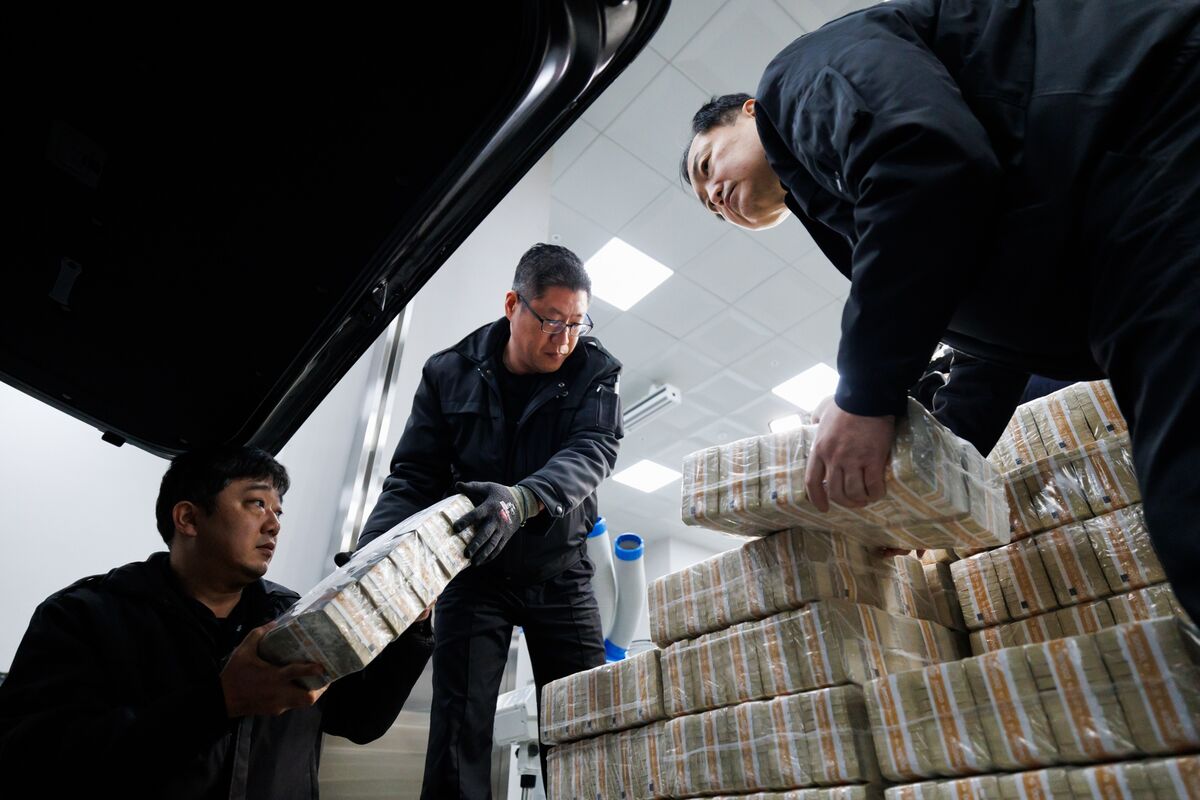South Korea's 2024 Won Defense: A Costly Battle
South Korea's currency, the won (KRW), is facing a challenging 2024. While the country boasts a robust economy, a confluence of factors is putting significant pressure on the won, leading many to describe the situation as a "costly battle." This article delves into the key challenges impacting the KRW and explores potential outcomes for the South Korean economy.
Rising Interest Rates and Global Uncertainty
One of the most significant headwinds facing the won is the global economic landscape. The persistent effects of inflation in many developed nations have prompted central banks, including the US Federal Reserve, to maintain relatively high interest rates. This makes dollar-denominated assets more attractive to international investors, leading to capital outflow from emerging markets like South Korea and consequently weakening the won. The ongoing geopolitical uncertainties, particularly concerning the war in Ukraine and escalating tensions in the region, further exacerbate this trend.
Trade Imbalances and Current Account Deficit
South Korea's reliance on exports makes it vulnerable to global demand fluctuations. A slowdown in global growth, particularly in major trading partners like China and the US, can significantly impact export revenue. This, coupled with rising import costs, can lead to a widening current account deficit – a situation where a country spends more on imports than it earns from exports. A persistent current account deficit puts downward pressure on the won's exchange rate.
Domestic Economic Factors
Beyond global forces, domestic economic factors also contribute to the won's struggles. While South Korea's economy remains relatively strong, challenges remain. High household debt levels and concerns about potential property market corrections could lead to decreased consumer spending and investment, further impacting the won's performance.
Potential Outcomes and Government Response
The outlook for the won in 2024 remains uncertain. While the Bank of Korea (BOK) can intervene in the foreign exchange market to support the won, excessive intervention can deplete foreign exchange reserves and might not be sustainable in the long run. The government is likely to focus on strengthening the domestic economy through fiscal measures aimed at boosting growth and managing inflation effectively. This might involve targeted investments in key industries and efforts to stimulate consumer spending while addressing the challenges posed by high household debt.
What Does This Mean for Investors?
The volatility of the won presents both opportunities and risks for investors. While a weakening won can benefit exporters, it can also increase the cost of imports and impact the returns on foreign investments. Investors should carefully consider the risks and diversify their portfolios accordingly. Staying informed about the latest economic developments and policy decisions from the BOK and the South Korean government is crucial for navigating this uncertain environment.
Looking Ahead: Strategies for Stability
South Korea needs a multi-pronged approach to navigate this "costly battle" for the won. This includes:
- Diversifying export markets: Reducing reliance on a few key trading partners will lessen the impact of global economic slowdowns.
- Strengthening domestic demand: Promoting sustainable growth through investment in infrastructure and technology, and fostering innovation are crucial.
- Managing household debt: Implementing policies to gradually reduce high household debt levels will increase economic resilience.
- Strategic foreign exchange reserves management: The BOK needs to carefully manage its foreign exchange reserves to intervene effectively without depleting them prematurely.
The future of the South Korean won in 2024 and beyond hinges on a combination of global economic conditions and the effectiveness of the government's economic policies. It's a complex and evolving situation that requires careful monitoring and strategic adaptation.
Keywords: South Korea Won, KRW, South Korean Economy, Exchange Rate, Interest Rates, Global Uncertainty, Trade Imbalances, Current Account Deficit, Bank of Korea, BOK, Investment, Foreign Exchange, Economic Policy.

